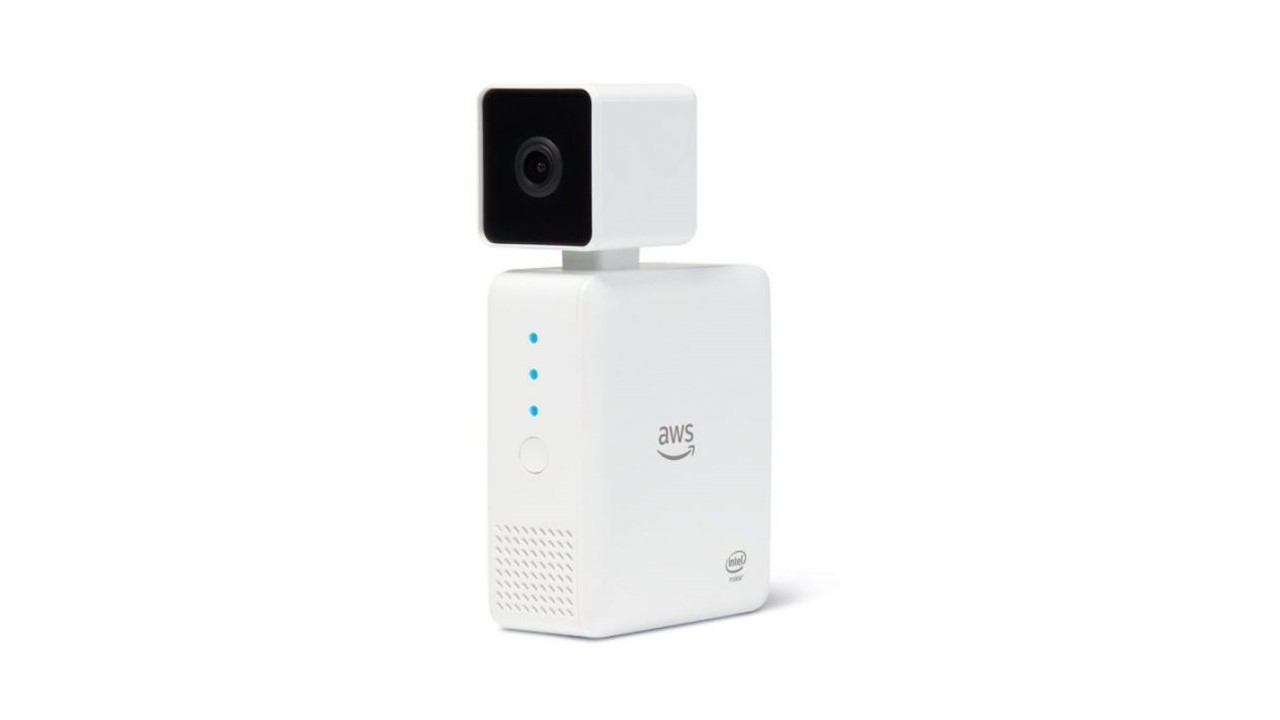
Wire transfers are the latest target of scammers
___
Published Date 11/17/2017
Ever since the invention of money, clever miscreants have been figuring out ways to separate innocent people from theirs. With the advent of the Internet, the number of diabolical schemes seems to pop up almost daily. The most recent of these involves the largest financial transaction most people will ever experience: a home purchase.
The Internet is an essential backbone for most real estate services: buyers begin their search for homes on-line. Lenders process loans using e-mail and dedicated websites to underwrite loans to buy and refinance homes. Title and escrow business is conducted almost entirely by telephone, email, and fax. At closing, buyers routinely wire funds from their bank or credit union to the trust account of the title or settlement company. Everyone has come to trust the reliability and integrity of these services.
This last aspect of real estate transactions has, not surprisingly, caught the attention of scammers.
The typical real estate purchase and sale have many components. A buyer signs a thick stack of documents, most of them involved with the new mortgage. The escrow holder always requires that the buyer provide “good funds” in the form of a cashier’s check or bank wire directly into their trust account before they record documents and close the escrow. Getting a cashier’s check involves a trip to the bank. Instructing the bank by telephone to transmit the funds electronically is far more convenient. It is also faster, as the escrow holder does not have to wait for a cashier’s check to be deposited.
The escrow holder gives the buyer wiring instructions to send funds through the Automated Clearing House (ACH). Today, the Federal Reserve is the largest ACH operator in the country, processing $41.6 trillion or more per year.
Every bank has a unique “routing number,” a nine-digit code printed on each check next to the account number. The sending bank uses the routing number to transmit funds to the receiver’s account. It has been proven to be secure and efficient over many years and trillions of dollars.
Scammers take advantage of this trust. They send an email to the buyer right before closing. The email appears to come from either the real estate agent or the title company. It may have a credible logo and signature on it. The last-minute email informs the buyer that there has been a change in the title company’s trust account, and the funds should now be wired to a different routing number.
If the buyer falls for the scam, they will mistakenly wire their money to the scammer’s account, and it will be gone forever.
People who would never fall for an email from a “Nigerian Prince” have been taken in by this scam.
To avoid falling into a scheme like this, buyers should take some common-sense precautions. Do not take a last-minute email making changes to financial arrangements at face value. No matter how legitimate such a change may appear on its face, call the sender to verify its authenticity. Scammers have been known to set up phony telephone numbers and emails as well, so use only contact information you know to be correct. If there is the slightest doubt about an email’s authenticity, take the time to verify the change face-to-face.
It is also possible to verify the routing number on-line by going to the American Bankers Association (ABA) website: https://routingnumber.aba.com/Search1.aspx. Entering a routing number into the site will return the bank name and branch location.
The convenience and speed of the Internet has made it an essential part of our daily lives. No one should let down their guard where money is concerned—especially the large sums involved in the typical real estate transaction. Ultimately, the old-fashioned methods of picking up the telephone or making an in-person visit to verify can save one from becoming a victim.
But where the Nigerian Prince is concerned, you’re on your own.
Source: TBWS
All information furnished has been forwarded to you and is provided by thetbwsgroup only for informational purposes. Forecasting shall be considered as events which may be expected but not guaranteed. Neither the forwarding party and/or company nor thetbwsgroup assume any responsibility to any person who relies on information or forecasting contained in this report and disclaims all liability in respect to decisions or actions, or lack thereof based on any or all of the contents of this report.


Daniel Harwood
License:
Cell: 816-462-5390
Email: daniel.t.harwood@gmail.com

Daniel Harwood
___
License:
Cell: 816-462-5390
Last articles
___

Frankie Muniz sells Phoenix home
1/2/2018
Frankie Muniz recently sold his Phoenix, AZ home for $3.2 million. The 5,300 sq... view more

Molekule destroys dirty air
12/28/2017
For allergy suffers, allergens in the air can be debilitating. As a result, man... view more

Jobless claims hold steady
12/28/2017
Initial Weekly Jobless Claims came in at 245K vs est of 240K and matched the pri... view more

A device that helps prevent kitchen fires
12/26/2017
The iGuardStove isn't all that much to look at, but it's designed to help preven... view more

Jobless claims higher than expected
12/21/2017
Initial Weekly Jobless Claims were higher than expected (245K vs est of 236K). T... view more

The next generation of Christmas tree lights
12/19/2017
If you're looking to take your Christmas tree decorating to the next level, Twin... view more

Things to consider when buying your first home
12/15/2017
Buying a first home can be a daunting process. Apart from the somewhat complex i... view more

Adrian Peterson reduces the price of his Texas home
12/14/2017
The new price is $5.3 million, down from $8.5 million. Petterson's home has sev... view more

Mortgage rates remain in tight channel
12/14/2017
Tax Reform: The Leadership of both the House and Senate have agreed on a comprom... view more

Fed Raises Rates For Third Time In 2017
12/13/2017
The FOMC increased the federal funds rate to 1.50% from 1.25%, no surprise with ... view more
Load more



































































